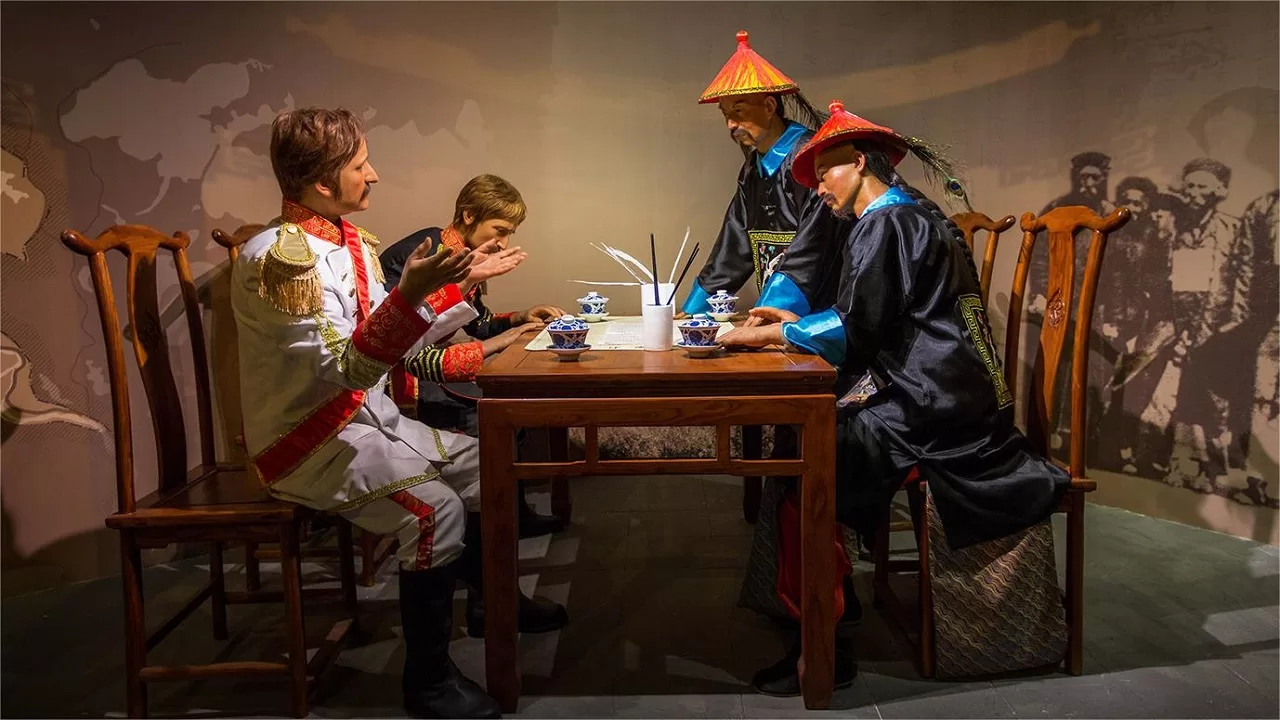Yixin, also known as Prince Gong, was a prominent figure in the Qing Dynasty of China during the 19th century. He was born on November 11, 1833, as the sixth son of Emperor Daoguang and a concubine named Imperial Noble Consort Qinggui. Despite being born into the imperial family, Yixin had to overcome numerous obstacles to achieve his position of power and influence in the Qing court.
Yixin’s early life was marked by tragedy and misfortune. When he was only two years old, his mother died, and he was sent to live with his grandmother. His father, Emperor Daoguang, was known for his strict and distant parenting style and rarely saw his children. As a result, Yixin grew up without a strong parental figure in his life.
In 1850, Yixin was appointed as the Viceroy of Zhili, one of the most important administrative positions in the Qing court. However, his tenure was marked by challenges and difficulties, as he had to deal with a rebellion led by the Taiping Heavenly Kingdom. Despite these challenges, Yixin was able to establish himself as a capable administrator and military leader, earning the respect of his peers and superiors.
In 1854, Yixin was appointed as a member of the Grand Council, the highest decision-making body in the Qing court. This marked a significant step up in his career, as he was now able to directly influence the policies and decisions of the imperial court. However, his tenure on the Grand Council was also marked by controversy, as he clashed with other members of the council over issues such as foreign relations and military strategy.
One of the most significant events of Yixin’s career came in 1860, during the Second Opium War. Yixin was tasked with negotiating a treaty with the foreign powers that had invaded China, including Britain and France. The negotiations were difficult and often contentious, but Yixin was ultimately able to secure a treaty that, while humiliating for China, was seen as the best possible outcome given the circumstances.
Despite his successes, Yixin’s career was not without controversy. He was often criticized for his close relationship with the Empress Dowager Cixi, who was seen as a controversial and divisive figure in the Qing court. Yixin’s association with Cixi led to accusations of corruption and nepotism, and he was often blamed for the Qing court’s failures and shortcomings.
In 1861, following the death of Emperor Xianfeng, Yixin was appointed as one of the regents for the young Emperor Tongzhi. However, his tenure as a regent was short-lived, as he was soon forced to resign due to political maneuvering by his rivals in the court. He was replaced by a group of conservative regents, who opposed his liberal policies and his close association with Cixi.
Yixin’s later years were marked by exile and isolation. Following his removal as a regent, he was exiled to his estates in the countryside and largely cut off from the affairs of the court. He died in 1898, at the age of 64.
Despite the controversies and challenges of his career, Yixin is remembered as a skilled administrator and military leader who played a significant role in shaping the history of the Qing Dynasty. His legacy is complex and multifaceted, reflecting the turbulent times in which he lived and the challenges that he faced.


